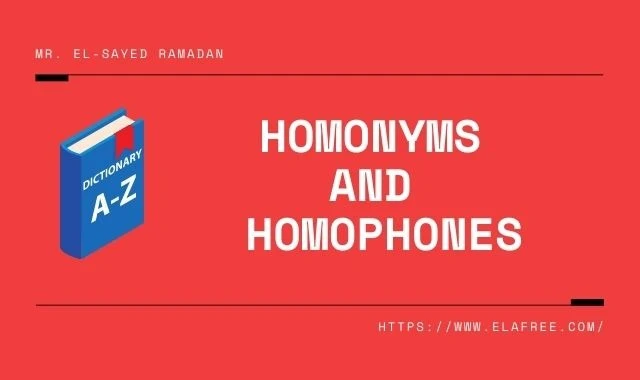Homonyms and Homophones
In this lesson, you will focus on the following objective: Understanding context clues.
Homonyms and Homophones
Homonyms are words that sound alike and are spelled alike but have different meanings. Homophones are words that sound alike but are spelled differently and have different meanings.
Literature Connection
In this excerpt from his poem “Those Winter Sundays,” Hayden uses the word banked, meaning not “stored for safekeeping” or “steeply inclined,” but rather “covered with ashes to burn slowly.”
“. . . with cracked hands that ached / from labor in the weekday weather made / banked fires blaze.”
—Robert Hayden, from “Those Winter Sundays”
Words like banked that sound and are spelled alike but have different meanings are called homonyms. Words such as there and their, which sound alike but are spelled differently, are called homophones. Homonyms and homophones can be confusing, but the context, or setting, in which a word appears usually provides clues to the word’s meaning. From Hayden’s use of banked to describe fires and our own knowledge of them, we can determine the appropriate definition.
Part of the reason why English is difficult for many non-native speakers to learn is its many homophones.
Examples
| ate/eight | none/nun | some/sum |
| for/fore/four | one/won | their/there/they’re |
| here/hear | right/rite/write | to/too/two |
| higher/hire | row/roe | wholly/holy/holey |
| its/it’s | scent/sent/cent | cell/sell |
| morning/mourning | site/sight/cite | die/dye |
TIP
Homographs are words that look alike in writing but have different word origins and sometimes different pronunciations. Context clues help distinguish homographs from homonyms.
Homonyms and Homophones Quiz
Use context clues to decide which homonym or homophone belongs in each sentence below. Use a dictionary if you need help.


